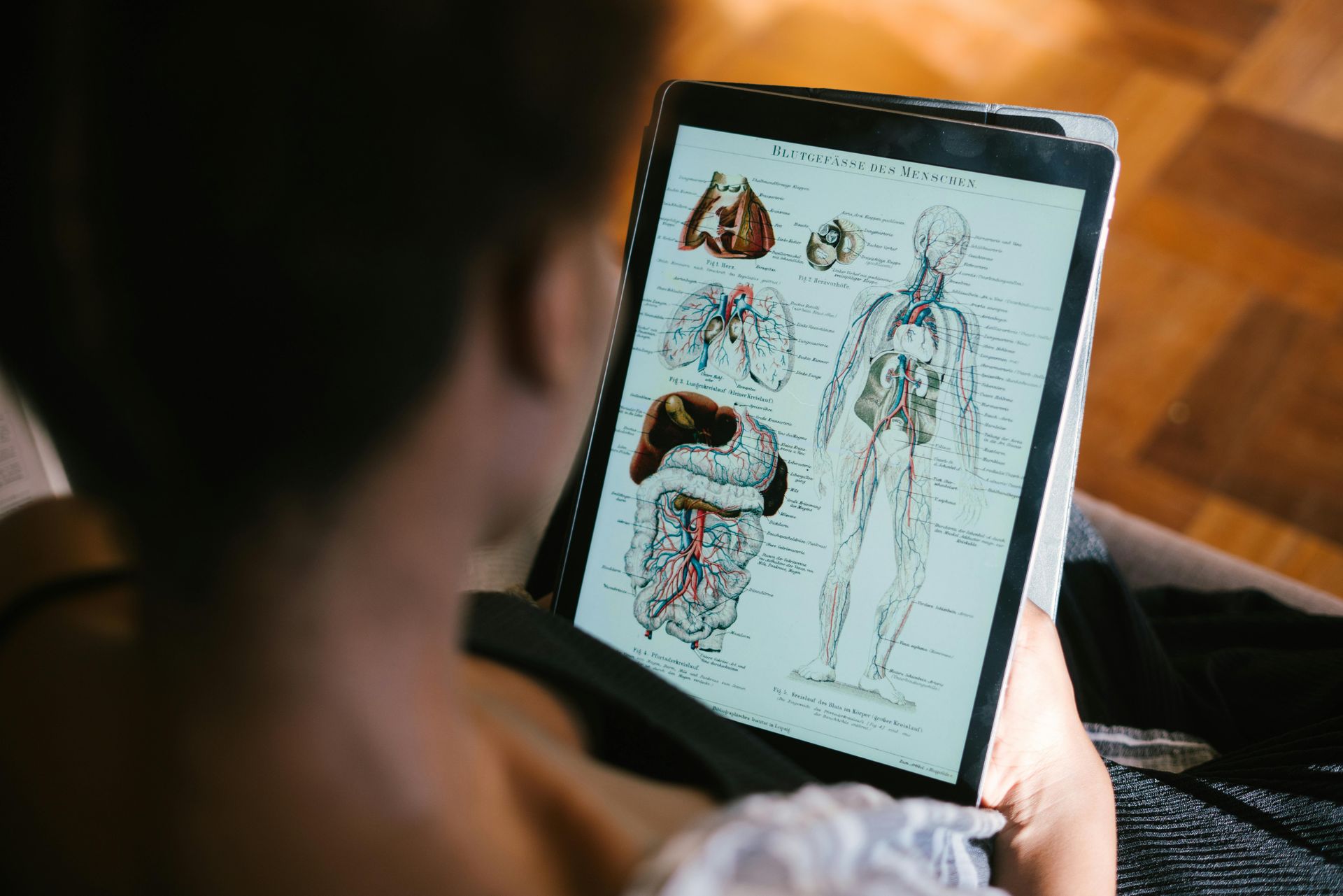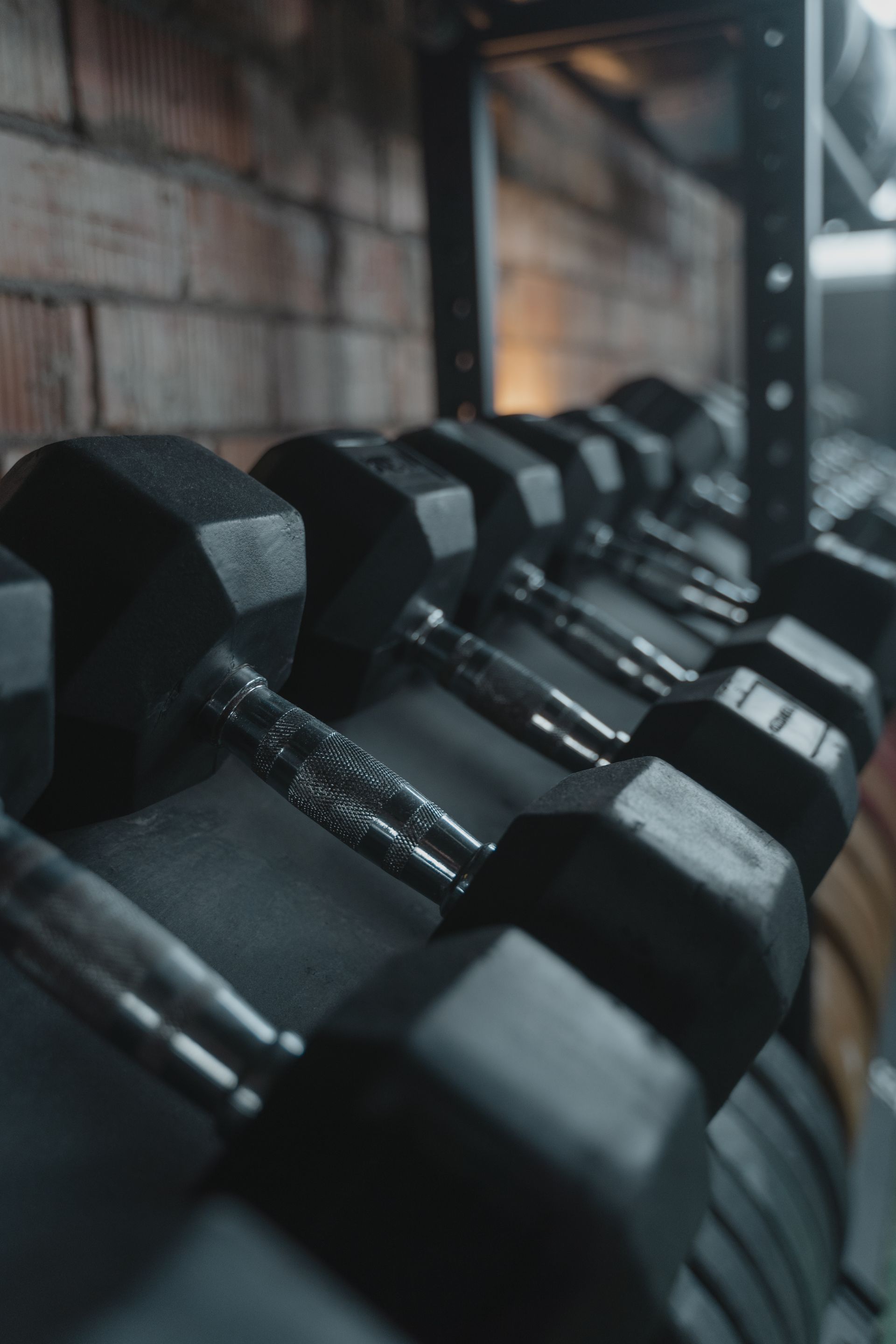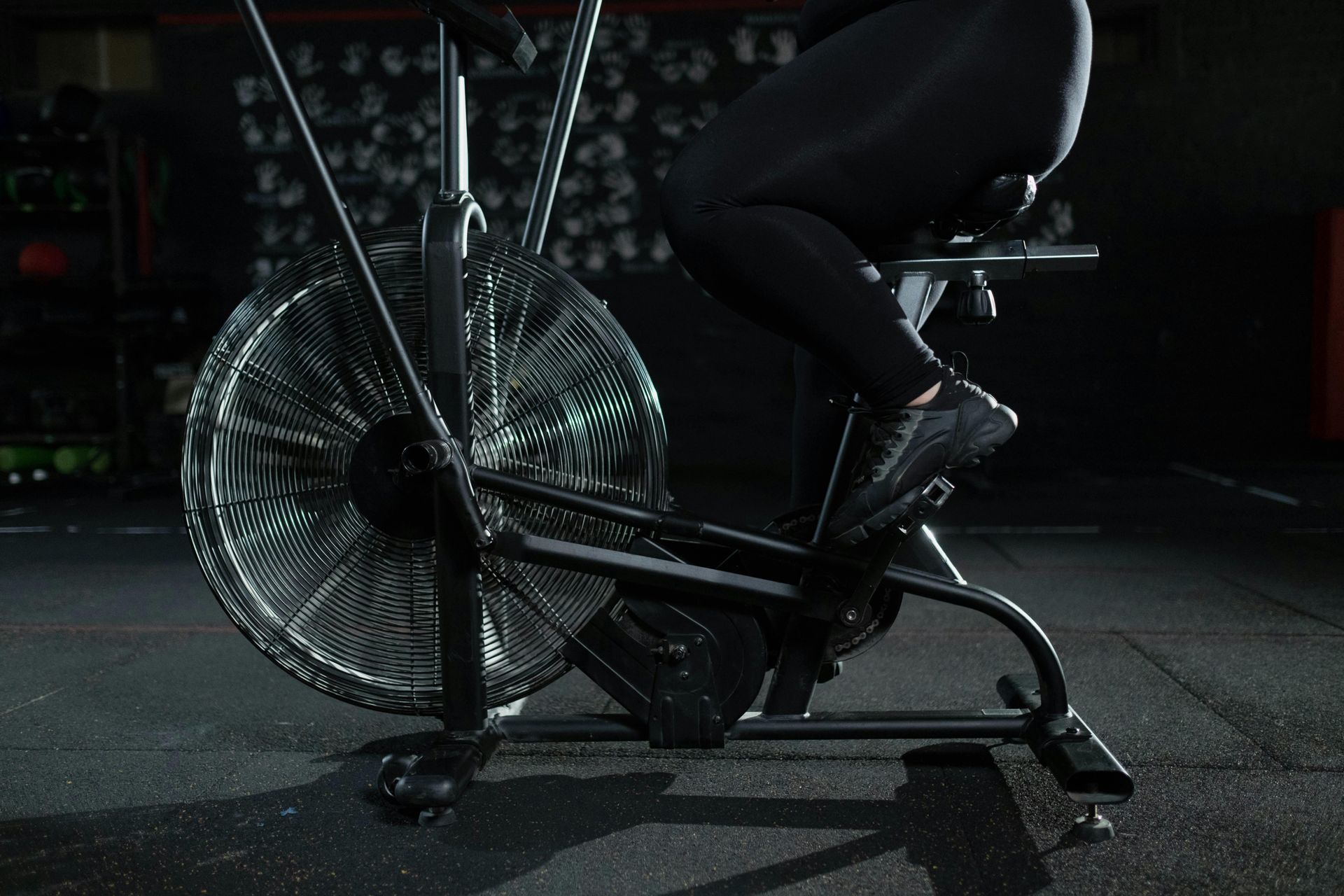Calories - Quantity vs Quality
INTRODUCTION
How what and when to eat has always been one of the most complicated topics
related to both the general population and sports performance alike. When it comes to
eating.. how what and when is essentially a diet. Some are based on reasonable
science like macro counting, the zone diet, Mediterranean, and even keto. Many others
have very little if any scientific basis but use far-out ideas like eating for your blood
type, eating for your body type, the carnivore diet, and any of the cleanse-based diets.
Sadly, nearly every so-called expert is selling their version of how to eat. Therefore,
they are not objective. They have an agenda to promote. The goal of this article is to
cut through all of the propaganda and get to the facts. My only agenda is your success.
Main idea: Follow the science. Do not buy into catching fad diets that grip your
emotions.
GENERAL QUESTIONS
When figuring out what works, you need to figure out how it works. It is best to follow
what has been known to work? To sniff out what is reasonable and what is not, here are
some general questions to ask yourself.
#1. Does the plan require you to eat the meals or products they sell?
#2. Are you exceedingly limited to eating only certain types of food(s)?
#3. Is there an emphasis on the type of food over calories?
#4. Is there an author/expert making money off of you following the plan?
#5. Do you know no one that has sustained this method for a long period of
time (1 year or more)?
#6. Does the diet seem poorly balanced?
#7. Does the diet limit vegetables?
#8. Has the food industry inundated the market with food labels promoting it
(Think keto, gluten-free, paleo, etc.)?
Main idea: If you answered yes to any of the above questions then you should be
highly leery of the effectiveness and sustainability of the diet.
QUANTITY OR QUALITY?
I think the most important conversation to have is what is more important the quality of
the food or the quantity of the food? Is it all about calories in, calories out? The answer
here is pretty simple and frustrating... Both are equally important. It is widely known
that ultra-processed foods such as bagels, turkey bacon, meat nuggets, pho-meat, box
mac & cheese, candy, nearly every packaged keto snack, etc. are linked to overeating
and a plethora of diseases such as insulin resistance, diabetes, and heart disease(1).
On one side of the coin, when an “expert” says “calories in-calories out” is all that
matters. When it comes to weight gain or weight loss. They are partly correct. Mark
Haub, a professor of human nutrition at Kansas State University ate a calorie-restricted
diet only of junk food for 10 weeks. He lost 27 lbs. “His premise: That in weight loss,
pure calorie counting is what matters most -- not the nutritional value of the food.” (2)
He did sneak in daily veggies and a multivitamin (cheater).
On the other side of that same coin, is that not all calories are made equal. Due to the
processing methods and ingredients, ultra-processed foods lack nearly any nutritional
value and do not satisfy a person’s hunger button. There is also research that not all
calories are the same. How the food is processed with having an effect on the body’s
ability to absorb the calories and/or nutrients. (3) For example, eating plantains, green
bananas, or cooked and cooled white potatoes have resistant starch. Starch is a
complex carbohydrate. Resistant starch is not absorbed by the gut but instead is used
by the good bacteria in the large intestines, which in turn develops a healthy gut
microbiome. Now, now... Don’t get too excited. Allowing your trans-fat, deep-fried
French fries to cool will still contain the horrible effects of trans fats. “Research has
proved the direct connection of trans fatty acids with cardiovascular diseases, breast
cancer, shortening of pregnancy period, risks of preeclampsia, disorders of nervous
system and vision in infants, colon cancer, diabetes, obesity and allergy” (4).
Main idea: When looking at a meal, you must look both at the total calories and the
quality of those calories.
LOW CARB DIETS
Thanks to social media, this has turned into one of the most discussed topics that end
up crossing my feeds. It seems like nearly every keto proponent is an MD. I do not
comprehend how a portion of society believes an MD is more credible than a
registered dietician or even someone like me when it comes to diet. Medical schools
spend relatively no time on nutrition. These MDs step out of their expertise and
promote their agenda as it is fact.
Like many people, I initially found a low-carb diet highly effective to lose weight, but it
was not sustainable for me as it is very ineffective for sports performance and high-
intensity training in general. Carbohydrates are required for moderate and high-
intensity exercise. A low-carb diet did have a beneficial effect on my blood work, but
this benefit stayed after I resumed a balanced diet. I assume the benefit was from the
food quality and fat loss instead of the low-carb diet. Essentially, I did not lose weight
on keto because of eating low carb, but I cut out most processed junk foods and ate
much cleaner. Oh yeah... And the beer or lack thereof.
It must be noted that many people see the same benefits from a low-carb diet as I did
(5). For those that choose to or can sustain a low-carb diet, there are several benefits.
1. Low-carb diets do help control hunger by balancing glucose & insulin levels.
2. Low-carb does provide a simple framework to follow.
3. Low-carb diets have been shown to reduce type 2 diabetes, heart disease, and
inflammation.
4. People on low-carb diets have fewer energy swings throughout the day.
While low-carb diets do have their place in our society, they are not for everyone. As
mentioned above, athletes need to have enough stored carbohydrates to maintain
training at a peak level. This is usually 2 - 3 grams per lbs. per day. A 100 lbs. person
would need to eat 400 – 600 grams or 800 – 1,200 Calories per day. With a daily
calorie intake of around 2,000 Calories, a low-carb diet would be impossible. Another
population that struggles to maintain a low-carb diet is vegans. Unlike animal protein,
most vegan protein sources are also moderate or high in carbohydrates.
The most dangerous pitfall of a low-carb diet is a person thinking that all low-carb
foods are healthy. Processed meats such as bacon are no safer for a person on keto
than anyone else.
Main idea: Low-carb diets have been shown to work well for short-term fat loss and do
seem to be sustainable for nonathletes.
LOW-FAT DIETS
For decades, low-fat diets were the only recommended type of diet for fat loss. While
this might make sense on the surface, there is as much data to support the benefits of
low carb vs low-fat diets (17). The benefit of a low-fat diet is that you get to eat more.
It is a numbers thing. 1 gram of fat has 9 Calories, while 1 gram of carbs has 4 Calories.
That means a pound of sugar has 1,775 Calories whereas a pound of fat has 3,500
Calories. Excessive carbohydrate consumption leads to increased insulin levels which
lead to insulin resistance and diseases like diabetes and heart disease (18). Eating
carbohydrates with fats and/or proteins or carbohydrates that have a low glycemic load
have less effect on insulin levels and blood sugar spikes (19).
Often endurance athletes must follow a low-fat diet to eat enough carbohydrates
without overeating.
Main idea: Low-fat diets do have benefits when the quality of the food is good and the
person is active.
CARBOHYDRATE TIMING FOR PERFORMANCE
When is the correct time to eat carbohydrates? Should a person train fasted? Do
nighttime carbohydrates help you sleep? Keep you awake? These are all very good
questions. With enough research, you will come to the conclusion that will be the same
as mine. It is a definitive “maybe”. There are legitimate studies that support
carbohydrate feeding or lack thereof throughout the day, at night, and around training.
Whenever I run into situations where there is no clear, I always will lean on my
knowledge and experience. Here is what we know: The body does not need
carbohydrates to function at rest or at low intensity. Therefore for inactive people or
active people on rest days or low-intensity days (less than 90 minutes) timing does not
matter. On moderate to high-intensity training days, carbohydrates are needed to fuel
the body to perform sustained exercise. In theory, we should have enough stored
glycogen to perform around 60 minutes of a hard workout but why risk it. My
recommendations are to eat a carbohydrate-based meal 3 hours and/or 45 minutes
before exercise depending on the time of day. Then eat another carbohydrate-based
meal within 60 minutes of training. Since the answer is maybe, both of my
recommendations may not be necessary to follow, but why risk it? You need carbs, so
you might as well make sure they are on board when you need them.
There is one unquestionable rule: If you are training twice a day, called double days,
You must eat carbohydrates in between training sessions.
Main Idea: If you are an athlete, you should eat carbs both before and after you train.
IT IS ALL ABOUT THE PROTEIN
While everyone argues about carbohydrates vs fats. Protein is seldom discussed but it
is the most important macronutrient in terms of both fat loss and sports performance.
Protein is satisfying and decreases our hunger. It is also required for rebuilding the
damaged tissues from training. These include muscles, bones, tendons, ligaments, etc.
It is now generally accepted that there is no evidence that high protein diets up to and
above 1 gram per pound are unsafe (20).
Main Idea: You can fight all you want about the carbs vs fats, but don’t mess with the
protein.
PROTEIN TIMING FOR PERFORMANCE
The anabolic window has been talked about for decades. This is the time after training
when your body has the greatest chance of growing. This growth is called anabolism.
The anabolic window is generally thought to occur within the first 60 minutes after a
workout. As more research comes out, it seems more likely that the anabolic window
does not exist (16). But, why risk it. You will eat protein. So, you might as well get it in
within the first 60 minutes.
A good idea here is a protein shake that has both carbohydrates and proteins. Fats are
fine, but they do not have a specific feeding window.
Just like with carbohydrates, there is one unquestionable rule: If you are training twice
a day, called double days, You must eat protein in between training sessions.
Main Idea: Eat protein within 60 minutes following your training session.
THE BEST DIET
Most evidence seems to prove that a Mediterranean diet has the greatest benefits on
both weight loss and blood work (6). The Mediterranean diet is a healthy fat, plant, and
fish-based diet. It is low in processed foods with water being the primary drink (7). I am
a big fan of avoiding things with food labels. I mostly choose to eat food instead of
food products. Yes, I do occasionally have a smart sweet or a protein bar.
Main Idea: Eat fish, nuts, and veggies and drink water
THE WORST DIET
The worst diet has the best name... It is the SAD diet. The Standard American Diet. (8)
The SAD diet is calorie-dense, nutrient-poor, and high in processed foods which are
high in fat, high sugar, and high carb, and are low in fruits and vegetables. Think about
most fast food meal deals.
Main Idea: Stop eating fast food.
ORGANIC & GRASSFED
This is another hot topic with evidence supporting both sides. Eating grain-fed beef
over grass-fed beef does have an unhealthy omega 3 to 6 ratio (11), but who says you
cannot just take some more omega 3s to balance it out? Frankly, we do not get a lot of
any omegas from beef regardless of the ranching method.
On the other side of the omega world, wild-caught will almost always be of higher
quality than farm-raised (12). Especially when it comes to salmon. Eating small oily fish
like sardines and anchovies is undisputed for its rich omega and low mercury content.
There also seems to be evidence that free-range chicken and its eggs are more
beneficial than caged for their omegas, vitamins, and minerals(13). On a side note, the
term “cage-free” means nothing. It is just a marketing term. In terms of fruits and
vegetables, it is smart to stick to organic when it comes to the dirty dozen (14). There is
plenty of evidence that eating stuff that is made to kill stuff (pesticides) is bad for you
to eat(15).
Another thing to mention: In general grass-fed, free-range and organic farming will be
better for the animals and better for the environment. So, when you eat this way you
are promoting a more humane and earth-friendly way of farming.
For many of us, we would all like to eat super clean, organic, farm-raised food. But for
most of us, the cost tends to be the limiting factor. You will need to determine your priorities. I tend to stick with the dirty dozen, free-range eggs, sardines, and pasture-
raised beef and about 50% of my poultry is free-range chicken.
Main Idea: Eat clean when you can.
SO, WHAT ABOUT INTERMITTENT FASTING?
This is a messy topic. While researching to back up what I know about this topic, I just
found myself deeper in the woods and on both sides of the fence. There are possibly
some great health benefits from intermittent fasting beyond fat loss but the fat loss
does not seem to be effective in the long term (9). People figure out a way to get more
calories in a shorter period of time.
It seems the most effective method of fasting is the one that can be adhered to. That
being said, the results from recent studies show a 5:2 as having the most benefit (10).
That is 5 days of feeding with 2 days of fasting. It must be noted that there are lots of
variations of fasting strategies that fall even within the most common types 16:8, 5:2,
and 6:1.
For athletes, I never recommend interment fasting. When training at a high level, the
body is continually repairing. Even on rest days. Fasting will limit the body’s ability to
repair from the training sessions. This will lead to overuse injuries that could have been
avoided with proper nutrition.
Main Idea: Fasting seems to be effective for the sedentary population but is not
recommended for athletes.
SUMMARY
Just like everything else related to the human body, nutrition is very grey. Anyone that
promotes “this” is the only thing that matters and should be discounted. There is not
one aspect of nutrition that is more important than any other. You must consider all
things.
The diet that works best is the one that fits into your lifestyle, that you can stick to. One
that is high in protein, and healthy ingredients regardless of whether it is low fat or low
carb.
Resources:
(1) https://www.nih.gov/news-events/nih-research-matters/eating-highly-processed-
foods-linked-weight-gain
(2) http://www.cnn.com/2010/HEALTH/11/08/twinkie.diet.professor/index.html
(3) https://www.discovermagazine.com/health/why-most-calorie-counts-are-
wrong#.XN3duutKiL8
(4) https://www.ncbi.nlm.nih.gov/pmc/articles/PMC3551118/
(5) https://www.healthline.com/nutrition/low-carb-low-fat-diet#other-health-effects
(6) https://www.inc.com/jessica-stillman/health-productivity-nutrition-diet.html
(7) https://www.hsph.harvard.edu/nutritionsource/healthy-weight/diet-
reviews/mediterranean-diet/
(8) https://pubmed.ncbi.nlm.nih.gov/21139124/
(9) https://www.webmd.com/diet/obesity/news/20211223/intermittent-fasting-
works
(10) https://www.annualreviews.org/doi/abs/10.1146/annurev-nutr-052020-
041327?journalCode=nutr
(11) https://www.ncbi.nlm.nih.gov/pmc/articles/PMC2846864/
(12) https://www.healthline.com/nutrition/wild-vs-farmed-
salmon#Polyunsaturated-fat-content
(13) https://www.ncbi.nlm.nih.gov/pmc/articles/PMC8103914/
(14) https://www.ewg.org/foodnews/dirty-dozen.php








